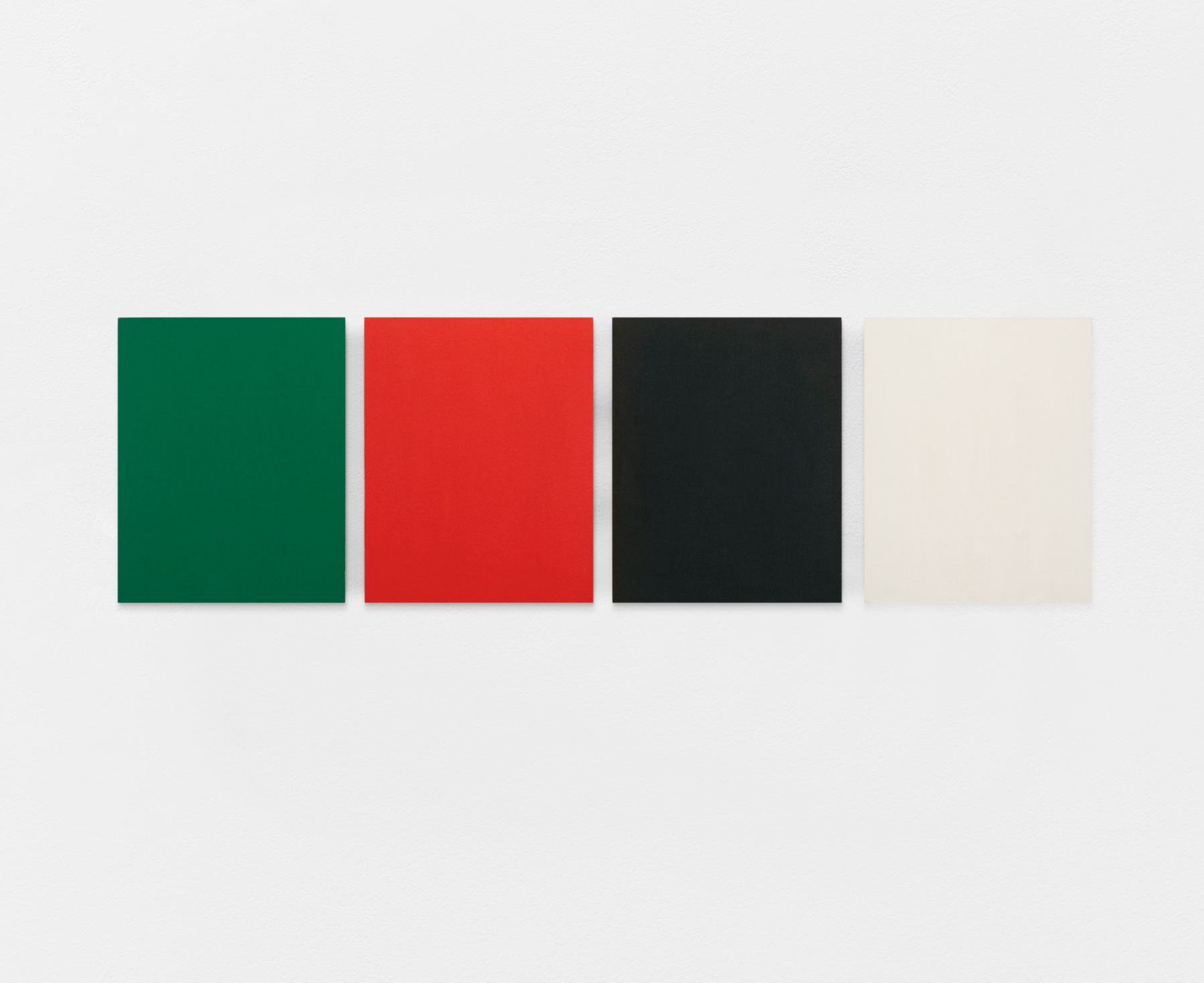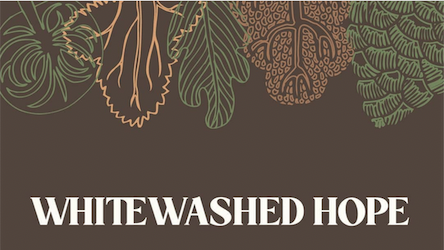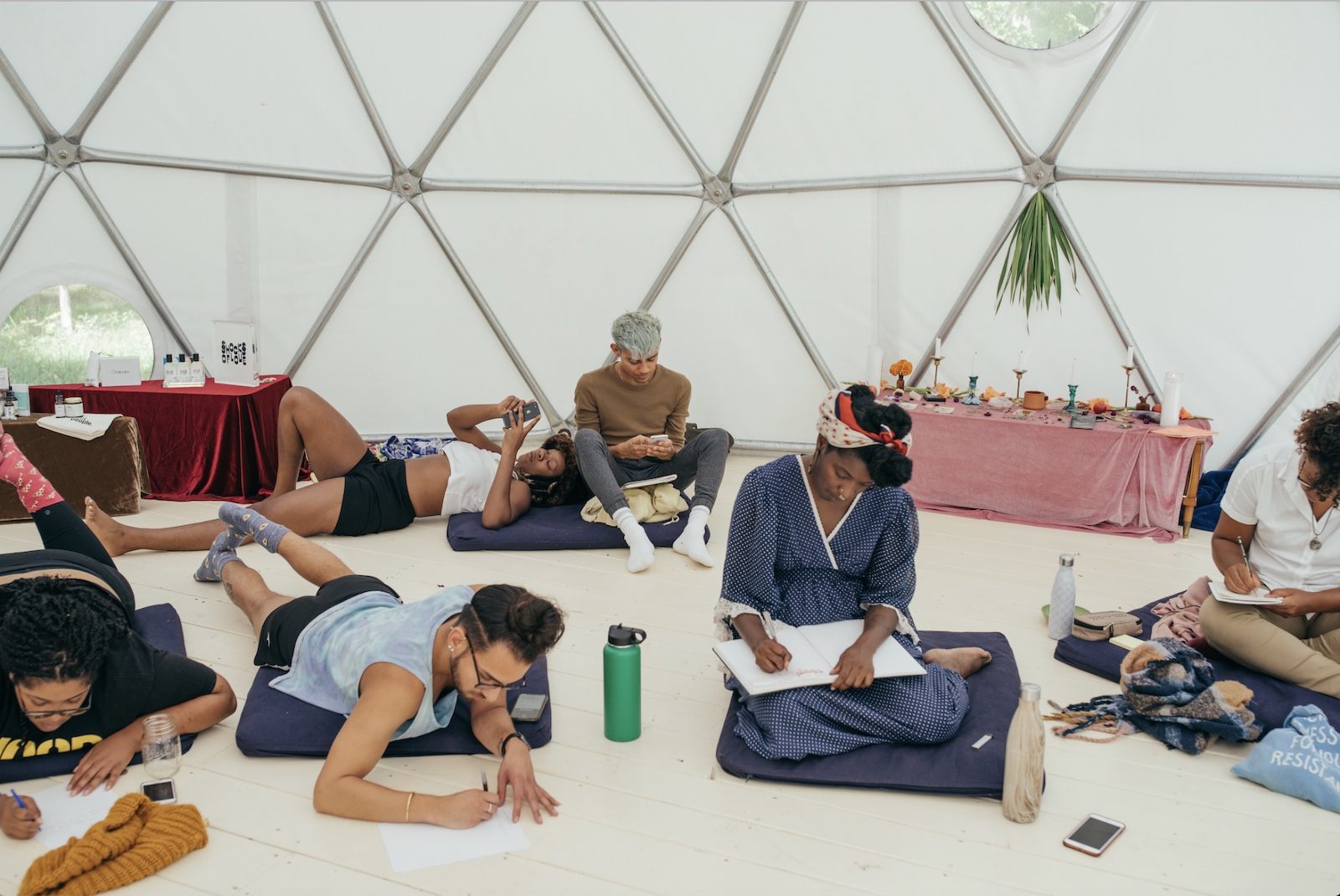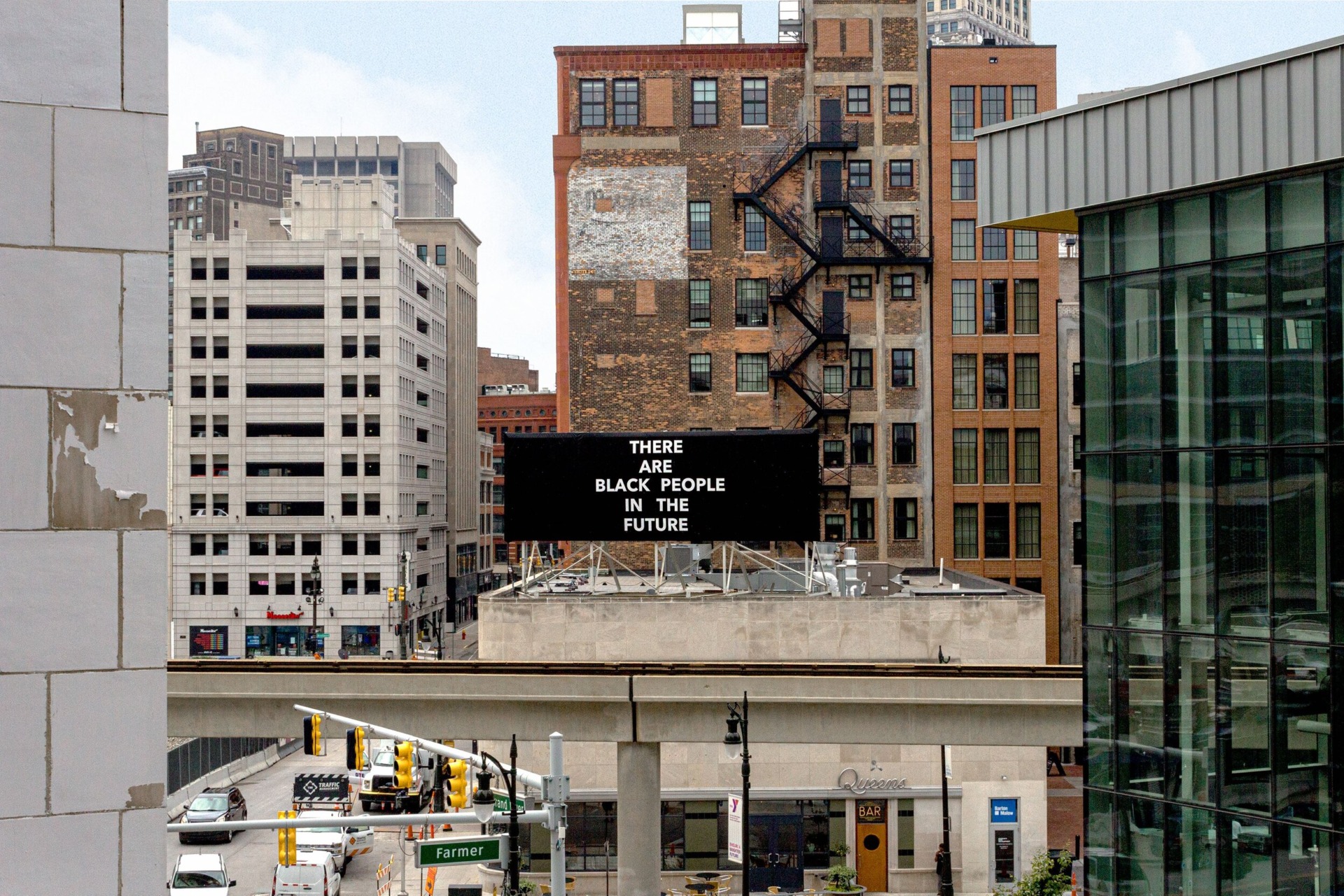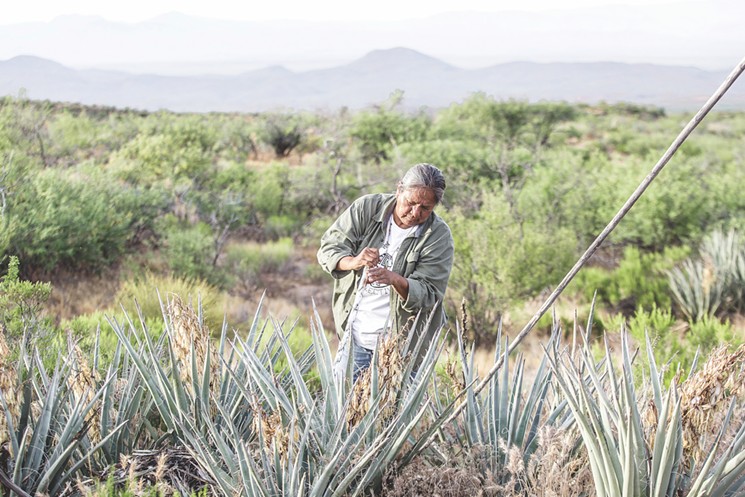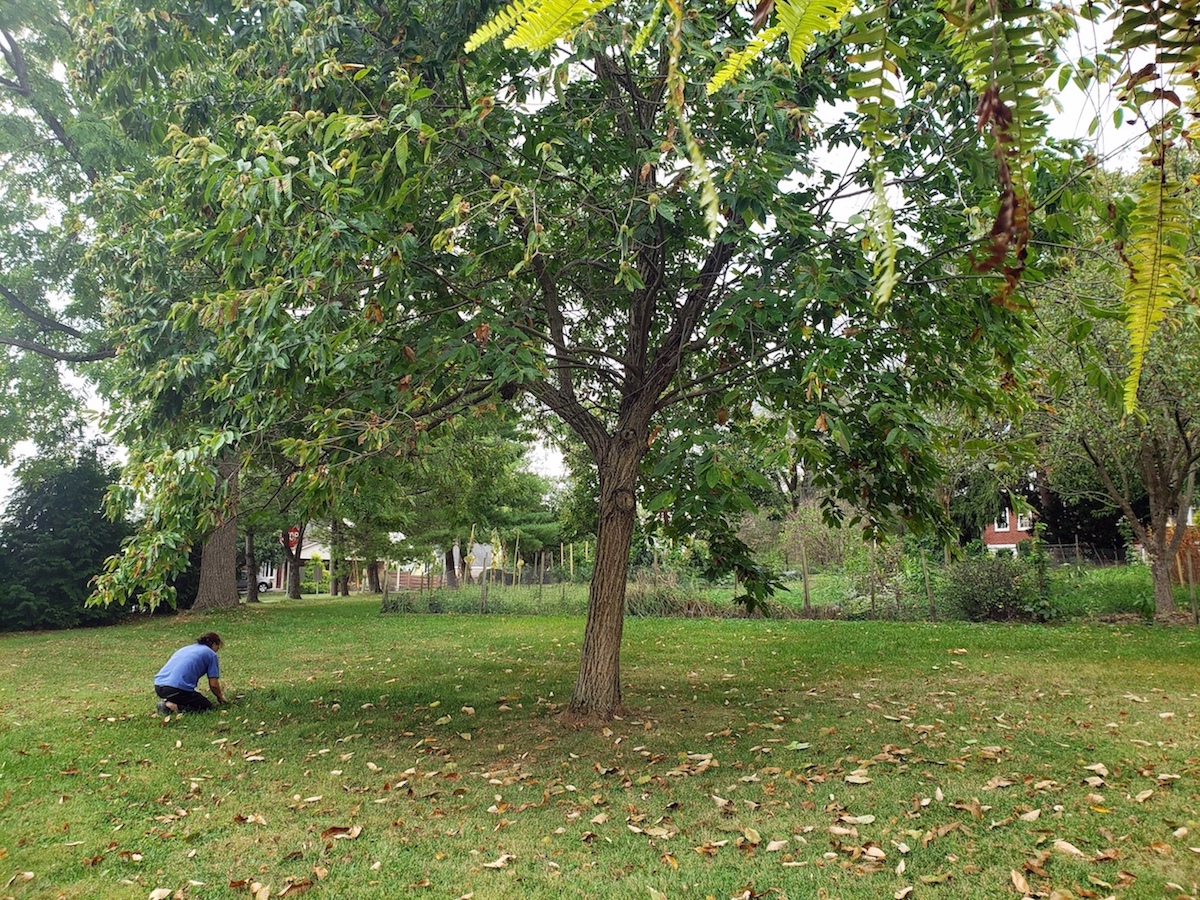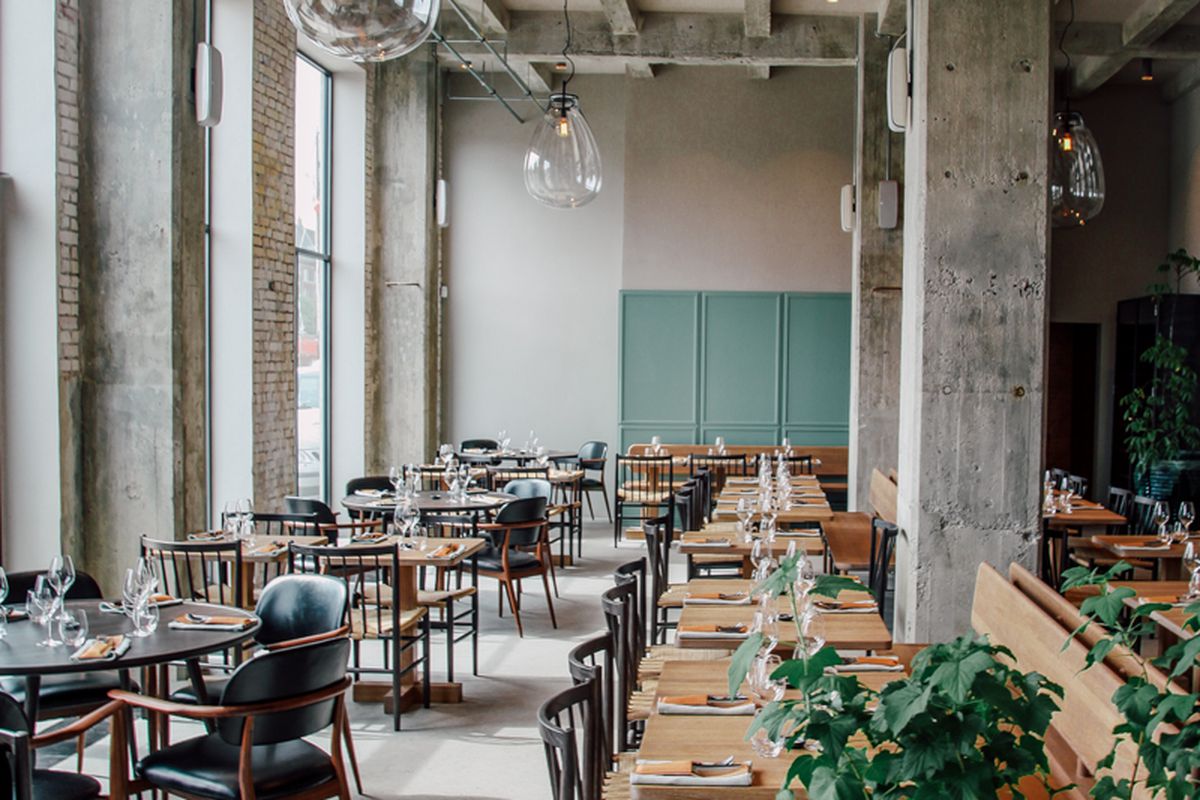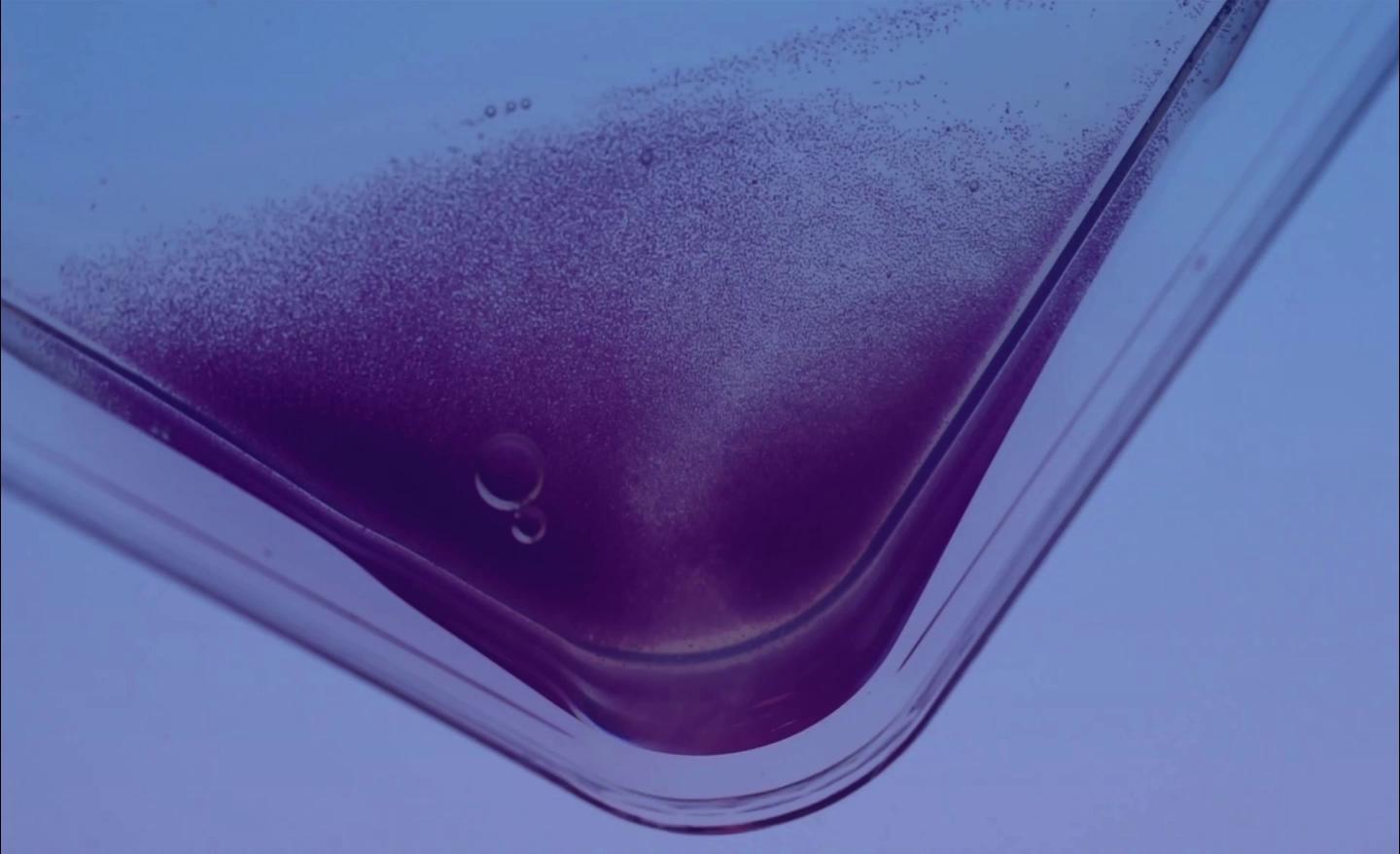In 2013, CJ Sapong seemed unstoppable—the soccer forward had a U.S. Open Cup win and an MLS Cup title under his belt as a young player with Sporting Kansas City. But in 2014 it all came to a halt when Sapong suffered a herniated disc and a bulging disc, compounded by a nutrient deficiency in his cervical nerve. “In the professional sport realm, you’re not exactly treated to get better, you’re treated to be able to perform in the next game, so that injury really shook a lot for me,” Sapong told MOLD. After talking to doctors and seeking ways to address the deferred pain from his injuries, Sapong came across a story that confirmed the best way to get vitamins and minerals is through food. “That led me to research the different things that I could eat to start repairing my cervical nerve, repair my muscles and give me energy,” Sapong explained. “And it led me to this beautiful thing called microgreens and sprouts.”
 CJ Sapong. Image courtesy of Trey Madara / Brotherly Game
CJ Sapong. Image courtesy of Trey Madara / Brotherly Game
What started with wheatgrass, sunflower shoots, kale microgreens and a few rounds of trial and error to, “get my green thumb working,” Sapong admitted, became a transformational experience. “I found a reconnection to my food and I started feeling better. When I felt better and was performing better, it was a no brainer.” Sapong took a deeply personal experience and coupled it with his ongoing commitment to give back to the local community. In 2017 he founded Sacred Seeds, an organization dedicated to addressing nutrient deficiencies in under served neighborhoods through education, creating tech-enabled economic opportunities and investing in a culture of self-reliance.
Since their launch last year, the organization is working to implement a nutrition and food systems curriculum with local schools and has participated in a number of local Philadelphia events to start a conversation about health and the power of possibility. Pairing Sapong’s soccer stardom with a taste of microgreens, Sacred Seeds is working to, “put the message out that after you play, to keep your body in tune, getting some of these nutrients is the full package,” Sacred Seeds’ director of growth Gregory Newman explained. “It’s not just the exercise, it’s the recovery piece as well.” For many of their young participants, these events might be their first time trying their hand at planting, tasting the concentrated flavors of microgreens, or even thinking about the work of producing a leafy green. “There’s empowerment there. We like to teach them you can grow the whole thing from bottom to top…and its been fun to see their reactions.”

Sacred Seeds is currently crowdfunding their next initiative, the Seed Lab, a greenhouse build project that will act as a hub for the cultivation of organic produce, STEM education and community workshops. Leveraging a prefab passive solar greenhouse design that Sapong has identified as, “a way to ensure that we can have a structure that will last for a long time and will also already come with different monitoring and technological advances…to analyze our data and measure different types of growth levels,” Sacred Seeds is looking to engage people with that same sense of wonder and energy that Sapong felt by growing his own food. The Labs are intentionally named to encourage members of the community to see themselves as “their own scientists,” Sapong explains.
It’s this longterm vision and Sapong’s boundless passion for the project that confirms the feeling that he is unstoppable. With the success of the current Sacred Seeds model in Philadelphia, Sapong hopes to bring the organization to Ghana, where Sapong’s family is from. Not only do vitamin deficiencies have an outsized impact on people in developing countries, but the economic models of self-sufficiency have the potential to “be utilized in generations to come,” Sapong shares. Like the community in Philadelphia that will pilot the first Seed Lab, the organization has identified a Vitamin A, iron and iodine deficiency in many Ghanians. As he looks forward to the future, Sapong reminds us that having the ability to grow one owns food, “is not only about healing oneself, but also being self-sufficient and living a sustainable life.”
Hear CJ Sapong speak about Sacred Seeds at the Woven Skins talk, a conversation celebrating the installation of a nomadic installation by Studio Claudy Jongstra, on September 24th at A/D/O. Email editors [at] thisismold [dot] com for ticketing information.







